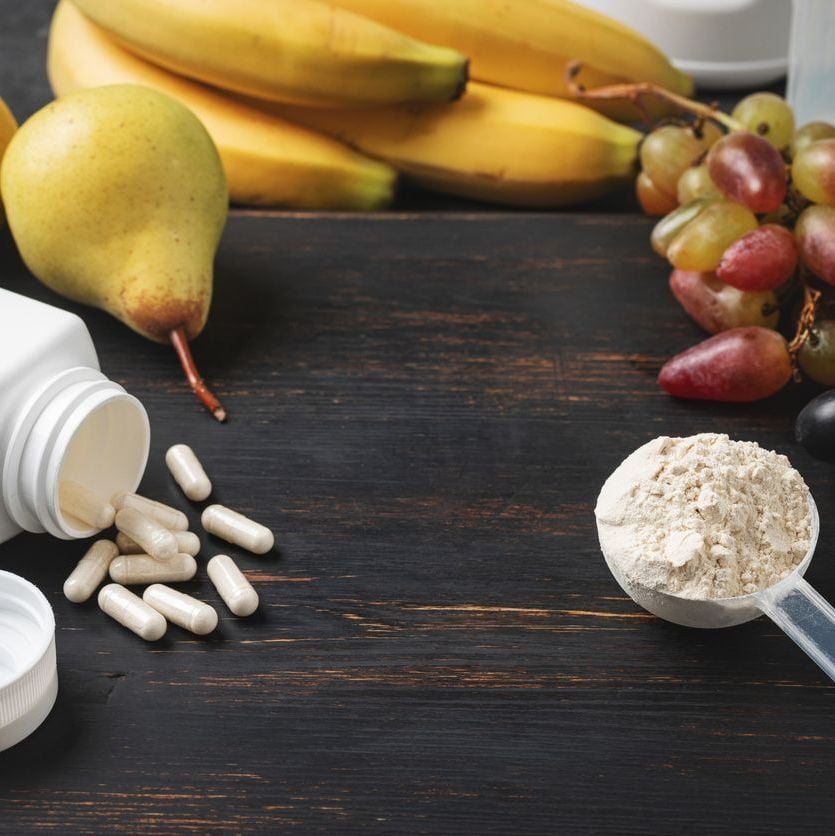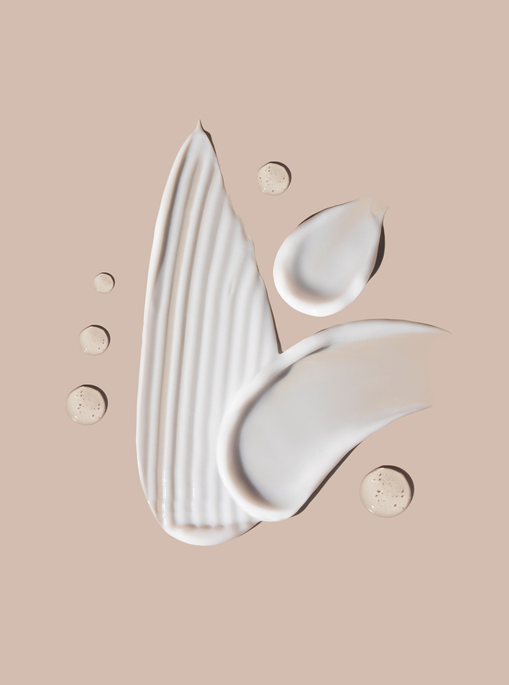After acne: dealing with post-inflammatory hyperpigmentation (PIH)
After an acne flare, many patients find themselves plagued by brownish or purple spots on the skin. Unlike scars, which are either raised or indented areas due to changes in the skin's collagen, these are flat discolorations where blemishes once were. This common condition is known as Post Inflammatory Hyperpigmentation (PIH) and is a direct result of the body trying to protect a healing patch of skin by increasing melanin production.

The good news is PIH will eventually go away, even if left untreated. Since these spots are caused by melanin production, the affected skin will shed like all skin cells. On its own, PIH will generally resolve within two years. With intervention, patients no longer have to wait. An effective skincare routine and working with a dermatologist can expedite this process and improve results.
The first step in eliminating PIH is to stop further discoloration of the skin. Because PIH is caused by an increase in melanin production, it's critical to apply sunscreen throughout the day and to take physical precautions like wearing a hat and avoiding outdoor exposure during peak hours of 10 am – 2 pm.
Next is to exfoliate the skin. Exfoliation allows for accelerated and even shedding of hyper-pigmented areas – speeding up clearing time. A dermatologist can help determine if a chemical exfoliant like an alpha hydroxy acid or a stronger chemical peel is appropriate. Proceeding with caution is essential. Damaging the skin can result in additional PIH and other severe skin issues.
Finally, there are specific treatments a dermatologist can recommend to increase skin cell turnover, therefore, breaking up excess melanin. Prescription retinoids are especially effective and have shown significant promise in clinical trials.
Post Inflammatory Hyperpigmentation can be reduced or prevented by treating acne when it starts. Working with a dermatologist is the best defense against this and other forms of skin damage.



